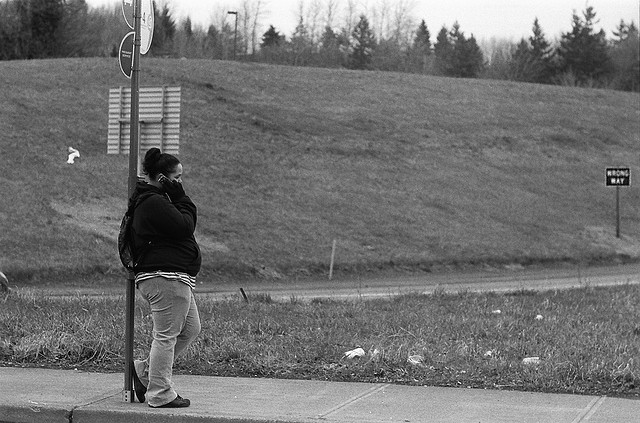Eric
ICYMI, reporters with the New York Times tracked down a number of instances when false rumors on Facebook led to horrifying violence and hate crimes. There’s little reason to believe the company’s assurances that it’s working to correct its algorithms and monitor its content. Not only do the same things keep happening, but consider that Facebook can’t even tamp down the proliferating Fake Mark Zuckerberg accounts that lure the unsuspecting into scams. At this point, why anyone would trust Facebook with its newly-announced dating app is beyond me, but then again there’s evidence that other dating apps like Tinder are routinely manipulated by paid impersonators.
Related? NPR reports that Americans are very lonely and that loneliness is hitting young people especially hard.
Kristin
People living in more racially diverse neighborhoods are more likely to help strangers, because they are more like to identify with “all humans everywhere.”
What is capitalism, anyway? If it is “entrepreneurial capitalism,” where people create cool new things that enhance other people’s lives, that seems like a good thing. But if it’s monopolistic capitalism (a few big companies starve out the competition until they have a captive clientele) or predatory capitalism (where supposedly market exchanges are a bad deal for you, but you have little choice), maybe not so good.
Ed
April was Autism Awareness Month, and the Center for Disease Control announced last week that one in 59 children are on the autism spectrum. Vox had an interesting analysis on why this isn’t necessarily cause for alarm. (Full disclosure: my oldest son has autism.)
The New York Times wrote about Boyle Heights, the neighborhood I grew up in and in which my parents still live. The neighborhood is attempting an initiative to reclaim streets for civic life in a collaboration with residents, activists and the Los Angeles Department of Transportation.
This week, the University of Central Florida’s Institute for Diversity and Ethics in Sport released a study about racial and gender diversity in sports journalism. It was the sixth such study done since 2006, and as in previous versions, the numbers were not encouraging, and there was a call for improving ways to recruit and broaden the searches for candidates of color. If this sounds at all familiar, it’s because many sectors know and understand they have work to do in this area.
Aven
I’ve been terribly worried about microplastic pollution ever since I learned that it was a thing, especially since I love both oysters and technical clothing (and, you know, water). So I am relieved to learn that there have been a few innovations over the past couple years that seem to offer relatively easy and effective solutions, at least to the laundry source of the problem. Here’s one.
Bloomberg reports that businesses, government agencies, and universities are on track to shatter last year’s record setting renewable energy buying spree, while city governments across the US jump on board the electric bus bandwagon.
John
Democracy Now! has been covering the “red state revolts” by teachers and other public servants. One of their latest segments covered a fifth day of protests on May Day by Arizona teachers over $1 billion in cuts to education since the 2008 recession. Earlier segments have covered teacher strikes in West Virginia, Kentucky, and Oklahoma. In the latter state, schools only have enough funds to operate four days a week; and “the teachers don’t have enough money to teach for the fifth day, because they need second and third jobs.”
Along the same lines, the New Yorker’s Benjamin Wallace-Wells ran this article on the nature of protests in the second year of Trump.
John Abbotts is a former Sightline research consultant who occasionally submits material for Weekend Reading and other posts.

